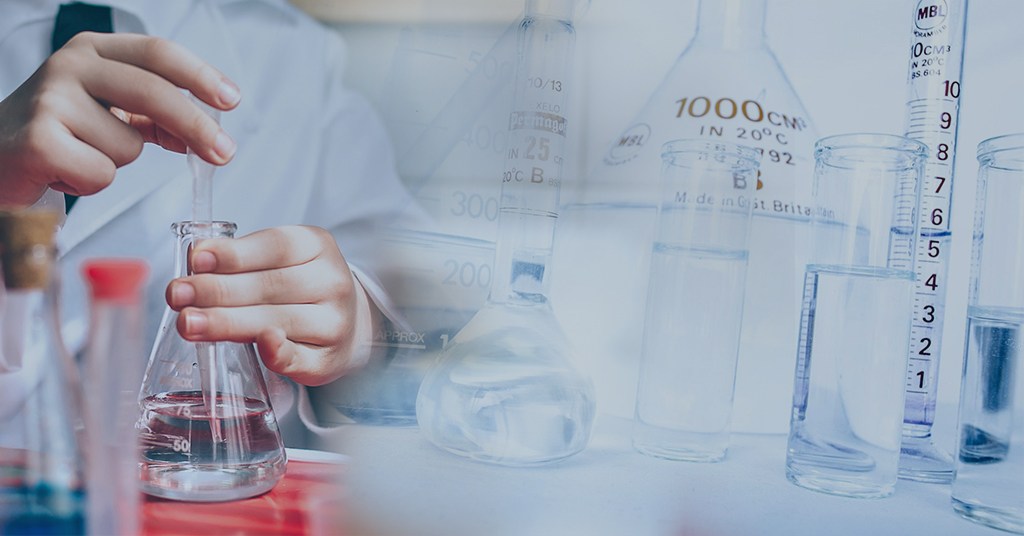Welcome To ChemAnalyst

Germany: The German Federal Environment Ministry (BMUV) has reported the circulation of falsely certified biofuels domestically and is taking steps to resolve the issue. European Biodiesel producers have recently expressed concerns that Biodiesel imported from China into the EU has been falsely labelled as ‘advanced’. This has led to a substantial amount of such fuels being imported in large quantities since the fourth quarter of 2022. After meeting a baseline target, the fuels with an "advanced" label are considered eligible to count twice towards Germany's greenhouse gas (GHG) reduction target for transport fuels.
Imports of biofuels must adhere to the German Biofuel Sustainability Regulation (Biokraft-NachV) to ensure proof of sustainability. To be considered advanced, these biofuels must be made from raw materials listed in Annex IX Part A of the EU Renewable Energy Directive (RED II) as stated in the 1st annex of the 38th Ordinance on Federal Emission Control. To support the use of biofuels produced from non-crop sources, including advanced feedstocks, the BMUV plans to ban the use of biofuels made from crop and feed with a draft law set to be submitted this year.
German firms involved in the biofuels supply chain have stated their expectation for draft regulations to tackle the issue of falsely certified imported products. Additionally, the European Commission may consider imposing extra duties on Biodiesel imports from China. These measures could help minimize the incentive to transport goods to Europe, potentially easing the strain on supply volumes.
In the past, the EU has imposed anti-dumping and subsidy duties on Biodiesel imports from nations like Indonesia and Argentina in response to the impact of such imports on the domestic industry.
Starting from 2023, the general greenhouse gas savings target will be 8%, going up to 9.25% in the following year. Additionally, fuel distributors will be required to meet a sub-quota of 0.3% for advanced fuels in 2023, which will increase to 0.4% in 2024. The amount of imported Biodiesel from China during January and February of 2023 was 455,000 metric tons, more than twice the amount from the same period the previous year. Among the top importers were the Netherlands, with 395,000 tons, followed by Belgium with 33,000 tons and Spain with 16,000 tons.
China witnessed a marked increase in Biodiesel imports in January and February, reaching an estimated 70,000 tonnes compared to the previous year. Most of these imports came from Southeast Asia, particularly Indonesia, which supplied around 52,000 tonnes of Palm-based Biodiesel. What's particularly concerning is that these imports were not certified for use under RED II regulations and were imported into the Chinese port of Yangpu. The sudden surge of advanced Biodiesel exports despite the absence of production assets on the island is causing alarm bells to ring among industry experts.
Due to the influx of wrongly labelled or advanced Biodiesel imports, achieving the domestic GHG reduction quota for transport fuels has become easier, resulting in a significant decrease in prices of traditional biofuels mixed into local road fuel. This has led to European benchmark Biodiesel prices hitting multi-year lows in the spot market. In fact, waste-based Ucome fob ARA saw a decline to a 29-month low of $1,176/t in March. Similarly, Rapeseed oil-based Biodiesel (RME), which is usually produced locally, has hit a low of $1,073/t as of 12th April.
According to the news, to comply with RED II legislation, companies must obtain a certificate from a European Commission-approved auditing body. This certificate confirms that the raw materials used in their products are sustainably sourced, and the auditing body checks for compliance on an annual basis.
However, if a company is found to have provided false information about the origin or sustainability of their materials, the certification would be revoked by the auditor. This would prevent the company from being able to manufacture or sell products in compliance with RED II.
According to the Biokraft-NachV, if a certified company that provided the product for a Point of Sale (PoS) is found to have submitted false information and subsequently loses certification, the existing PoS would still be considered valid. This means that buyers, who are unaware of any mislabelling or misinformation, would not face any retrospective measures. However, if the buyer had prior knowledge that the PoS was illegitimate, it would be considered an unjustified tax advantage and fall under the category of tax evasion, resulting in appropriate punishment.
We use cookies to deliver the best possible experience on our website. To learn more, visit our Privacy Policy. By continuing to use this site or by closing this box, you consent to our use of cookies. More info.
